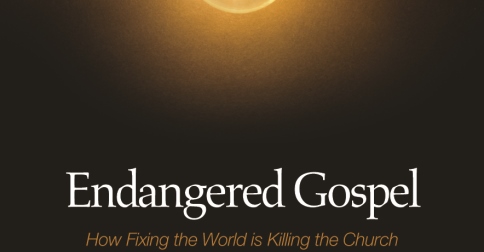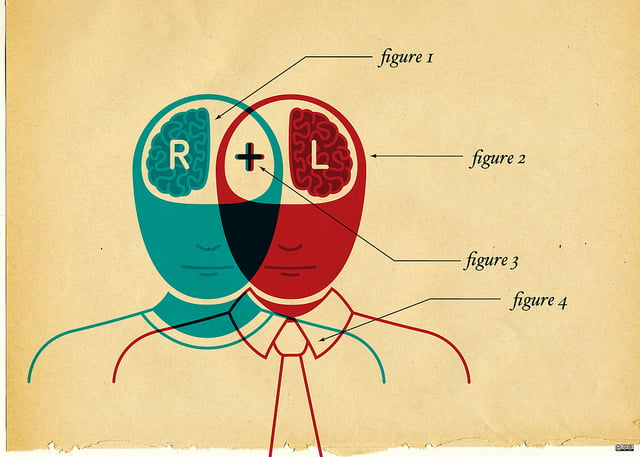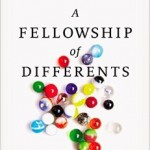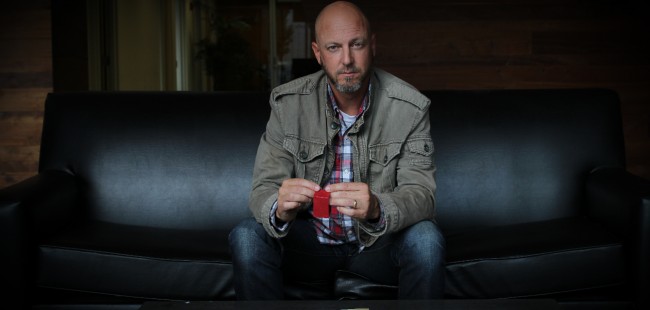 After recently re-reading Wendell Berry’s essay “Health is Membership” and being struck by its pertinency today, I asked a few friends to read the essay and write a Slow Church-related reflection on the essay. The is the first of these reflections by my friend Brent Bill. ~Chris
After recently re-reading Wendell Berry’s essay “Health is Membership” and being struck by its pertinency today, I asked a few friends to read the essay and write a Slow Church-related reflection on the essay. The is the first of these reflections by my friend Brent Bill. ~Chris
Almost twenty years ago Wendell Berry gave an address titled “Health is Membership.” Berry, the agrarian poet/novelist/theologian, presented a pretty scathing indictment of the then “modern” health system in the US and our complicity in its failings. Among his criticisms, which are many, was that our understanding of health care was treating people akin to machines with replaceable parts and concentrating on treating individuals and individuals’ pieces instead of being concerned with the health of a community. “I believe that the community,” said Berry, “–in the fullest sense: a place and all its creatures — is the smallest unit of health and that to speak of the health of an isolated individual is a contradiction in terms.”
Of course, we know that in the succeeding eighteen years all of his issues have been addressed. Health care and community are united as never before. Hence, there will be no substantive talk about health care or communities in the current presidential campaign.
Well, there won’t be any talk about the two together, at any rate. For as we truly know, the current state of health care in the United States is worse than Berry assayed in 1994. Its more specialized, more individualized, more health-care professional-centric, and much less community based than ever. Both candidates will undoubtedly address health care ad nauseam (which won’t help either our health or our communities), but they will also undoubtedly avoid placing them in connection with each other.
And, sad to say, it is hardly likely that the Church will address health and community either. Either together or as separate issues. Oh, there might be the occasional sermonic nod to the need for community, but deep conversations about our faith communities’ roles concerning the health of our members together – well, I doubt it.
Once of my greatest concerns today is the individualism rampant in the community of faith. This statement may seem somewhat ironic coming from a Quaker, whose whole faith community and belief system appears to some to be individual experience run amok. But actually, the Religious Society of Friends (as we are formally known) was, for the majority of our life together, intensely communal. Mostly in a helpful way – intimately involved in each other’s affairs from where to go to school, to economic issues, to behavior, to discernment issues, to marriage, to health care. Today, though, we’re as individualistic as most other modern Christian congregations in the United States. We come together, worship, maybe share coffee, and leave to live our separate lives. And, I fear, the larger a congregation becomes, the easier this individualism becomes.
But what does that have to do with health? you protest. Well, precisely this. If our faith communities have devolved into collectives of group individualism, how do we expect to support each other in sickness or in health – or any other issues? The most we share are mumbled prayers requests during the organized time for prayer in worship.
What Berry points about the sad state of health care in the US (its lack of connection to larger community) is exacerbated by the increasing isolation in one of the few remaining places of community life in the US – our congregations.
This came clear in a new way to me recently as our worship sharing group gathered. The spiritual conversation that evening centered, as led by peoples’ concerns, around living simply and what that means. As the evening wound down, one of those gathered noted the huge sums of money that we spend in health care and sustaining people at the end of life. Are we living simply we allow extraordinary measures and money be used to keep us alive in often vegetative states? Someone then asked, “When’s the last time we’ve talked about such issues at church?” The answer was, painfully, “Never.”
The above seems to me to point a way back into positive faith community experiences. And ways of addressing concerns such as those Berry raises. We must learn ways to slow down our busy Sunday morning (or Saturday evening or whenever) congregational experiences so that we can hear the voice of Jesus – and each other. We must begin to tell our human stories (spiritual and physical) to each other. We must create liminal spaces and opportunities for real sharing. We must develop accountability (in all its good senses) and community as part of the life of faith. And these things must happen organically, born of the Spirit, not because we think some new program of “community-building” will help bring new people in.
My experience as a long-time congregational consultant tells me that this is something people hunger for. And, in my research for my position helping Quaker learn how to start new worship groups and congregations, I am coming across all sorts of new groups springing up based on community and sharing; going slow to examine the life of faith together; learning to live in mutual support of soul and body; being in love with the Divine and each other.
In his speech, Berry said:
Like divine love, earthly love seeks plenitude; it longs for the full membership to be present and to be joined. Unlike divine love, earthly love does not have the power, the knowledge, or the will to achieve what it longs for. The story of human love on this earth is a story by which this love reveals and even validates itself by its failures to be complete and comprehensive and effective enough. When this love enters a hospital, it brings with it a terrifying history of defeat, but it comes nevertheless confident of itself, for its existence and the power of its longing have been proved over and over again even by its defeat. In the face of illness, the threat of death, and death itself, it insists unabashedly on its own presence, understanding by its persistence through defeat that it is superior to whatever happens
May we work with God to create spiritual communities where earthly love seeks and finds plenitude, where health and wholeness unite, and where our bodies and souls find rest.
————–
J. Brent Bill is a Quaker minister, photographer and author of a number of books, including Awaken Your Senses: Exercises for Exploring the Wonder of God and Sacred Compass: The Way of Spiritual Discernment.












